The Court in Ancient Egypt: how to punish for various crimes in the time of the pharaohs
Categories: History
PictolicIn ancient Egypt, people's actions were judged according to moral and religious laws. They tried and condemned not only the living, but also the dead — such a process was called "the court of another world". The Egyptians had deities for all occasions and, of course, there was a goddess of justice. Her name was Maat, and she was considered the patroness of truth, order, and law.
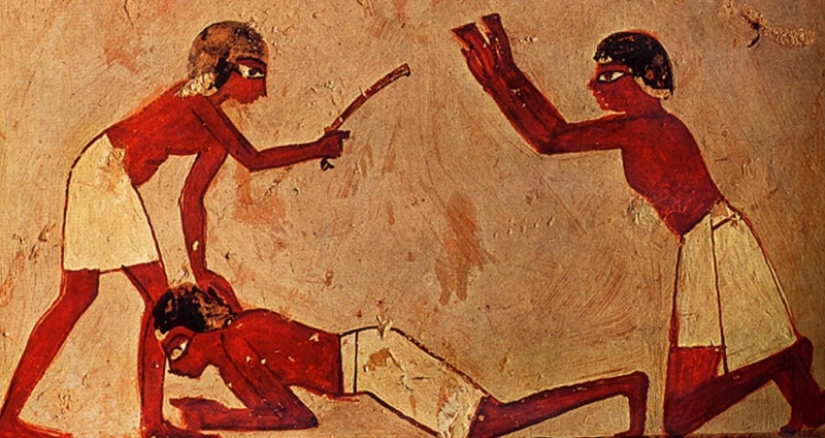
The famous Egyptologist, Frenchman Pierre Lalouet, wrote in his study that for the Egyptians, Maat was also a symbol of universal order, without which chaos would have occurred in society and nature. By committing a crime, a person violated the cosmic harmony, harming not only his victims and the state, but also the entire universe.
The Goddess Maat
All crimes in ancient Egypt could be divided into two categories. The first included crimes against society, which included murder, theft and robbery, and adultery. The second category included crimes against the state — this is bribery, encroachment on the lives of officials and rulers, high treason, theft of state property, blasphemy.
The main power in the country was concentrated in the hands of the Pharaoh. At the dawn of Egyptian statehood, the pharaohs personally decided whether to punish or pardon, but later the powers were transferred to the institutions created for this purpose — the courts. But the pharaohs did not withdraw themselves from justice — the rulers of Egypt continued to participate in the most complex and high-profile trials.
A person's life is granted by higher powers, and the one who takes it away is worthy of death himself. This has long been the reasoning of the people who lived on the banks of the Nile. But at the same time, in Egypt, there was a distinction between premeditated and manslaughter. Premeditated murder was also not always punishable by deprivation of life — sometimes psychological punishment was imposed and it could be much worse than death.
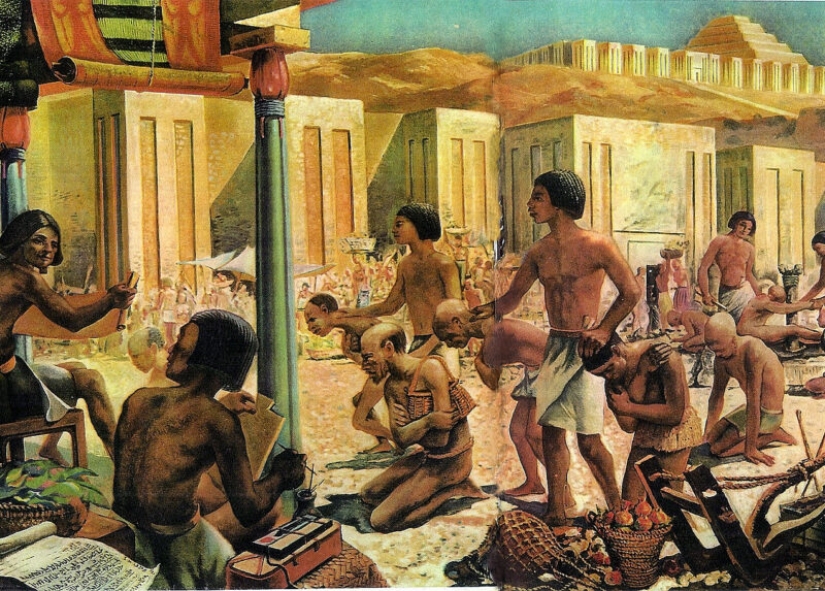
A person who killed his father or mother was subjected to terrible tortures and only then was he executed. Parents who killed a child. the punishment was even more sophisticated. They were tied to the dead body of the victim and placed under guard for three days, in a hot place. The murderers were executed only after the body began to decompose.
French Egyptologist Francois Dumas argues that the Egyptians were not particularly sophisticated in executions. Most often, the condemned person was simply thrown into the river to be eaten by crocodiles. Sometimes suicide bombers were awarded a special favor — they were given the opportunity to take their own lives.
In those early days, the court could well claim to be fair. If it could be proved that the murder was manslaughter, the guilty person was spared life and sentenced to a fine in favor of the family of the deceased. In addition, the killer had to undergo a special cleansing ritual, only after which he could enter his house.
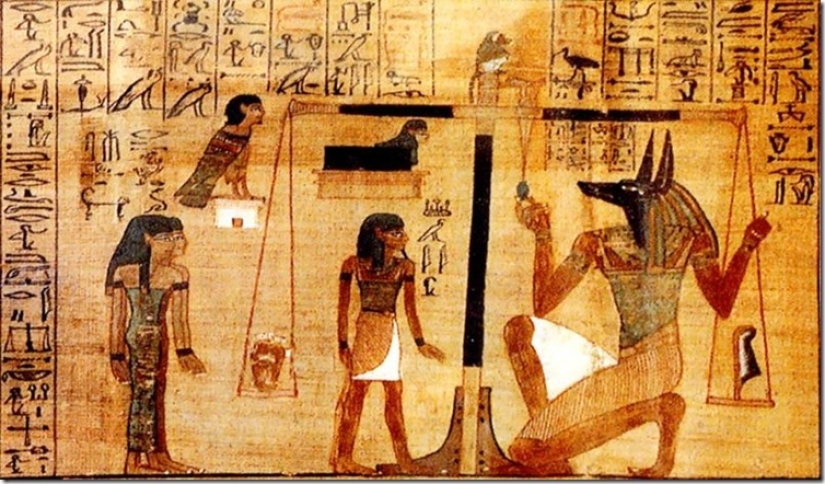
Concealment of the fact of murder or non-reporting was punished by the Egyptian courts as severely as possible. The perpetrators, most often, shared the fate of the killer and were sentenced to death. For the deliberate killing of a sacred animal or bird, such as a cat or an ibis, a death sentence was imposed. An accidental murder could result in a hefty fine.
Among the Egyptians, adultery was considered a crime against religion and was punishable by death. This crime was understood as the relationship of a man with a married woman. In the scrolls of the laws of ancient Egypt, the mention of that is repeatedly found. that if a person covets someone else's wife, then he is hopelessly criminal and sinful, so he deserves only death.
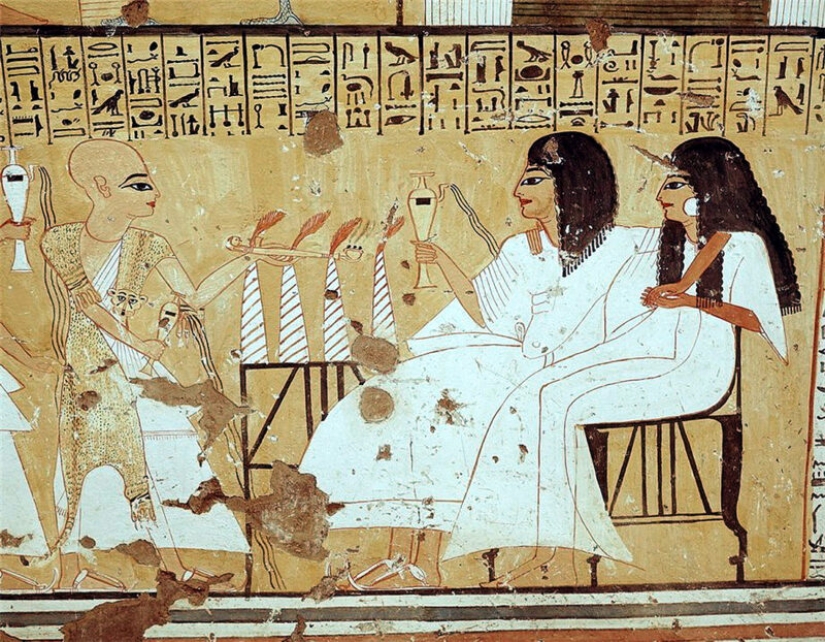
But this only applied to men. The fate of the unfaithful wife was in the hands of the lawful husband. He could forgive his wife or choose her own punishment. If the deceived husband did not go to court, the lover also avoided punishment — in this case, the problem was considered intra-family and the head of the family could forgive both the offender and the unfaithful wife.
The courts of ancient Egypt usually punished theft with fines. Moreover, the amount usually exceeded the value of the stolen goods by at least three times. But this is only if the case concerned private or public property. If an Egyptian coveted the state, then he was obliged to pay damages in 180 times the amount!
Also, the criminal had to publicly apologize for his act. He had to swear that he wouldn't do it again. Sometimes after that, the thief was dealt 100 blows with his fists, which sometimes ended in injuries and even death. However, they tried not to beat him to death, because the convict still had to return the stolen goods and pay or work out a fine.
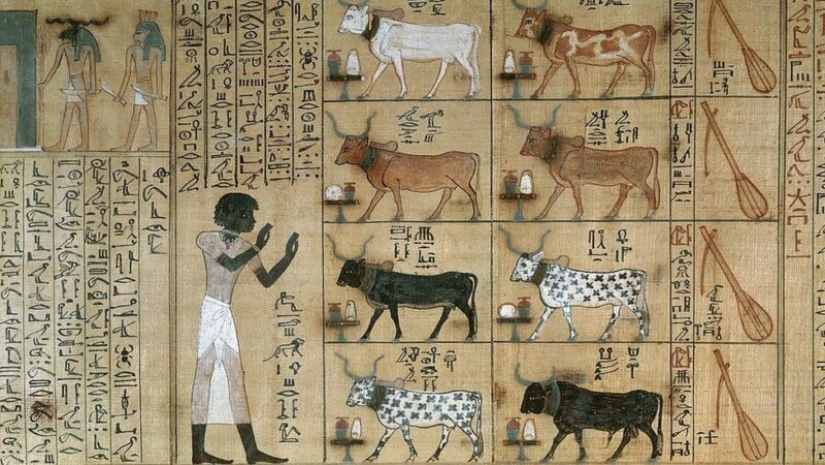
A thief who stubbornly refused to admit his guilt or refused to publicly repent, automatically passed into the category of incorrigible villains and was thrown into the river to the crocodiles. Robbers were treated in much the same way if they killed their victims.
As it is not strange, but the Egyptian courts were almost not engaged in bribery. Caught by the hand of a corrupt official, they were simply ignominiously expelled from their post and transferred to the category of peasants. Of course, before taking up the hoe of the farmer, the official had to compensate for the damage caused by his actions.
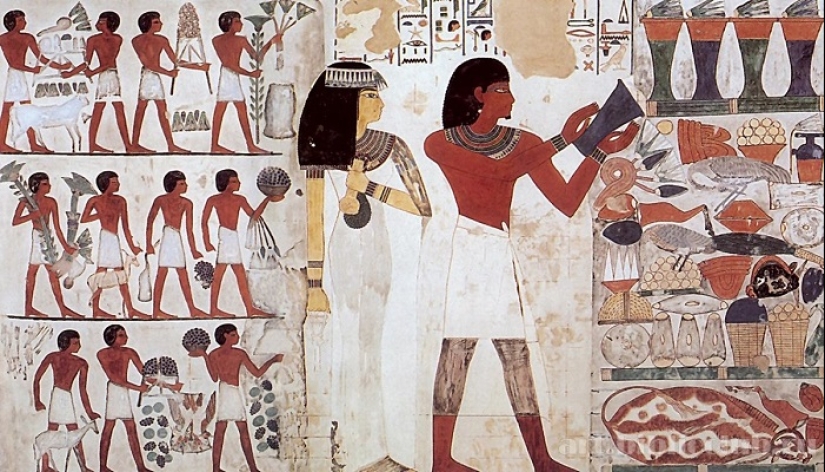
But as an exception, presumptuous officials could still be brought to court. Such a crime was not considered serious, so many of the accused simply bought off the judges, themselves giving a bribe. We know from written sources that the Egyptian lawyers themselves were thoroughly corrupt and often the criminal was released before the trial.
All crimes against the state and especially against the person of the Pharaoh and members of his family were punished as severely as possible. For all classes in such cases, the punishment was the same-the death penalty. Even the pharaoh's entourage and his wives were executed — such a case occurred with Ramses III, against whom Tia, one of the younger wives, organized a conspiracy.
Several other wives of the ruler, his courtiers, and even a military commander were involved in the conspiracy aimed at the accession of the son of Tia to the throne of Egypt. Ramses III died, but this did not lead to the power of the son of Tia. Ramses IV became the new Pharaoh, as was the law, and the traitors and regicides were captured and tried.
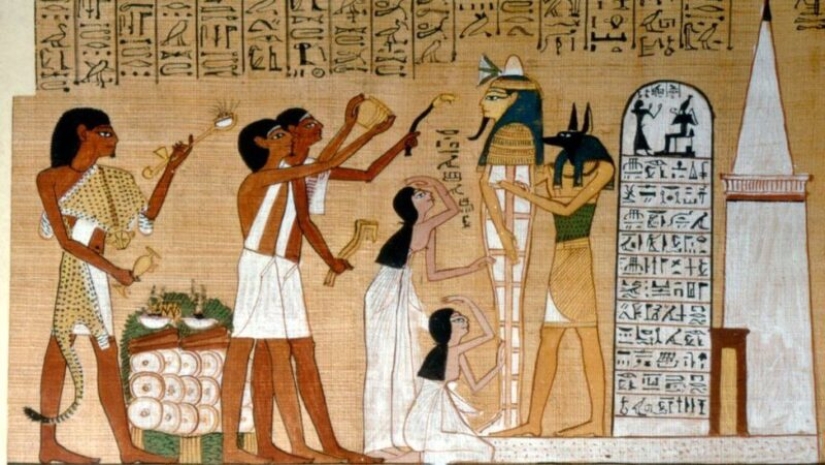
They were all sentenced to death, but before that, a ceremony was held to deprive them of their names. All traitors were given humiliating nicknames, and then executed. This was done so that the executed could not live with dignity in the afterlife. The most famous participants of the attempt on the pharaoh were forced to commit suicide, and those who were simpler were thrown to the reptiles in the river.
To robbers of tombs and temples, the Egyptian courts were as merciless as to traitors. Together with the pharaohs and nobles, many valuable things were buried, which were always a tasty morsel for robbers. The pharaohs themselves did not lag behind the intruders — when the treasury was empty, the ruler could well shake the tombs of his predecessors for valuables.
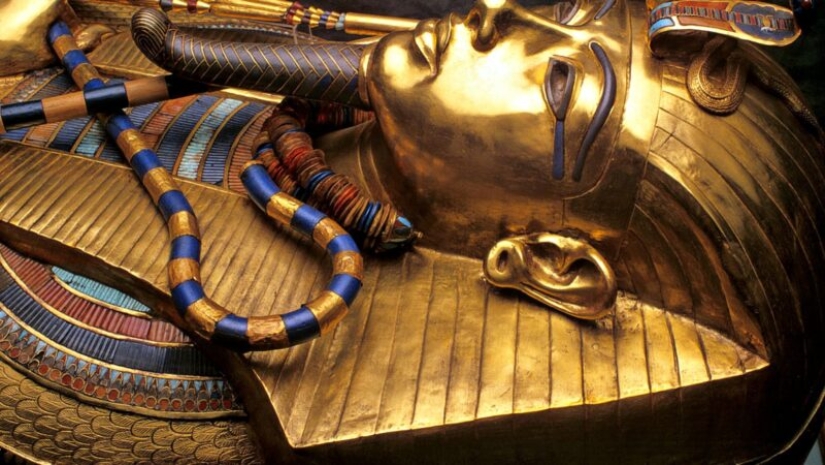
But this was no longer a looting of the tomb, but a matter of national importance, although it was never advertised. But the robbers emptied the graves secretly, but treacherously, destroying what could not be carried away and damaging the mummies. Some were particularly unlucky. For example, Ramses II was reburied 5 times-anew after each looting.
In ancient Egypt, there were also those who wanted to enclose the temple. Sometimes the most valuable things — sacred animals-were stolen from the homes of the gods. If a thief sold a bull, a cat, or an ibis, he was executed, and if he kept it, his nose was cut off and the same 100 lashes were inflicted. In addition, the person responsible for the theft of property had to compensate the temple for damage in 100 times the amount.
Keywords: Robber | Ancient world | Egypt | Treason | Theft | Crocodiles | Criminal | Scientists | Pharaoh
Recent articles

It's high time to admit that this whole hipster idea has gone too far. The concept has become so popular that even restaurants have ...

There is a perception that people only use 10% of their brain potential. But the heroes of our review, apparently, found a way to ...
Related articles

In November 69 BC, she was born Cleopatra, the last Queen of Egypt from the Macedonian dynasty of the Ptolemies. Cleopatra, perhaps ...

The inhabitants of ancient Egypt treated many animals with great respect, but cats have always been especially important to them. ...

In different countries, kissing is treated differently. Somewhere no one will pay attention to the kissing couple, and somewhere ...

New Year's is a time to surprise and delight loved ones not only with gifts but also with a unique presentation of the holiday ...